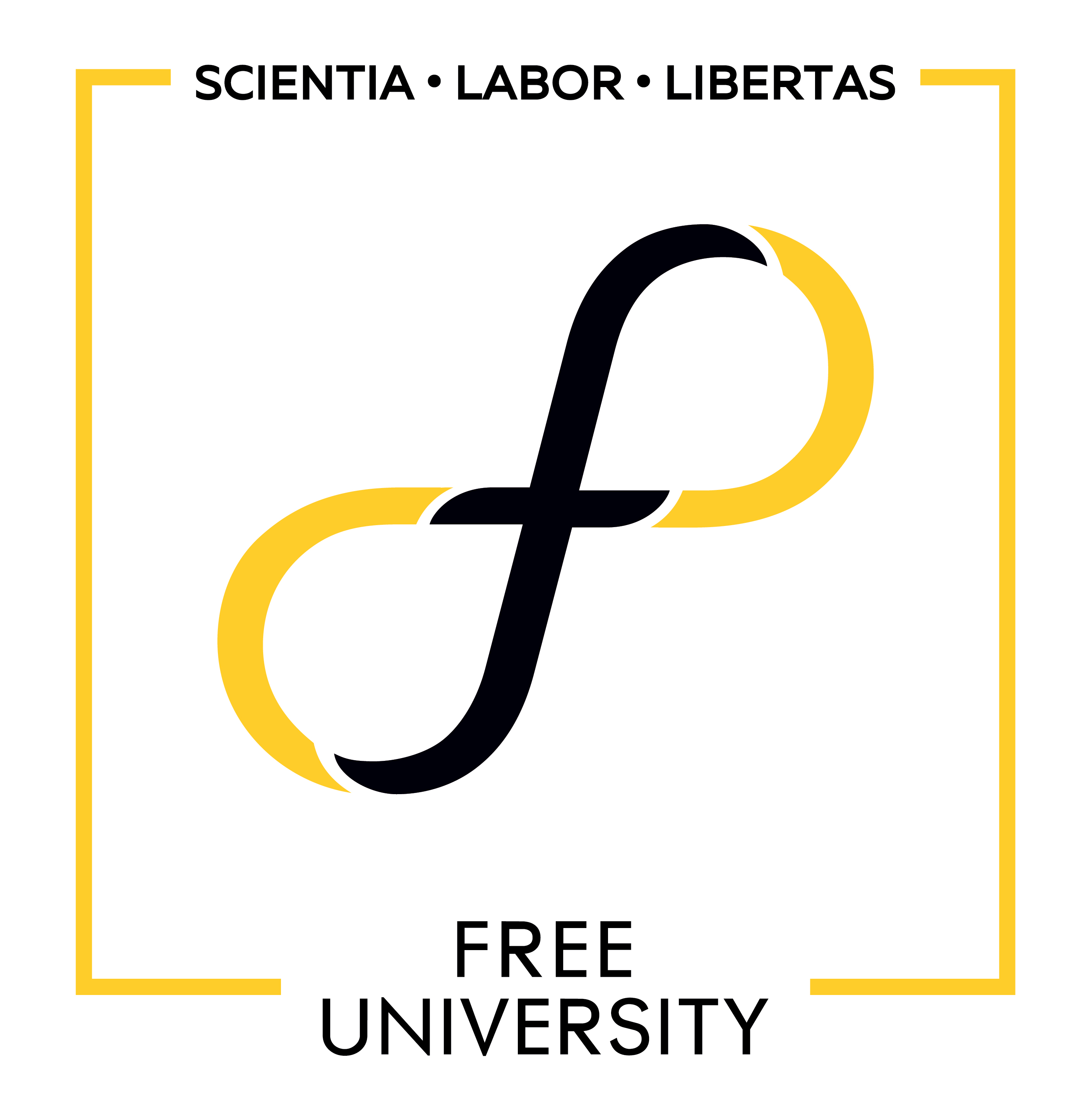About the Institute
The Center for the Study of Arab Countries and the Islamic World is a structural unit of the Free University of Tbilisi.
The Center aims to conduct cultural, educational, and research activities aimed at studying the Arab/Islamic world and promoting the development of cultural, scientific, educational, and economic relationships between Georgia and Arab countries/the Islamic world.
Moreover, the goal of the Center is to introduce Arab and Islamic culture and civilization to interested individuals; to foster dialogue between cultures through various events and translation activities; to undertake projects and scientific expeditions engaging students and experts to represent and study monuments of Arabic languages and Islamic civilization outside the Arab world; to investigate Georgian-Arabic historical and cultural relationships, as well as modern connections to the Islamic world; and to research and study materials reflecting Georgian-overseas relations existing in Arab and Islamic countries.
The purpose of the Center is to organize cultural days, exhibitions, and thematic forums in Georgia and Arab/Islamic countries; to support the development of business relations between Georgia and Arab/Islamic countries, as well as the training of personnel for translation activities; and to provide individuals interested in Arab/Islamic relationships with qualified consulting services.
წიგნი „ცენტრალური აზიის არაბული დიალექტები: კაშკადარიული და ბუხარული დიალექტები“ (2021 - 2022)
გურამ ჩიქოვანის წიგნი - „ცენტრალური აზიის არაბული დიალექტები: კაშკადარიული და ბუხარული დიალექტები„ (“The Arabic Dialects in Central Asia: Qashqa-darya and Bukhara Dialects”) - ეძღვნება ორიენტალისტური მეცნიერების მნიშვნელოვანი მიმართულების, არაბული ენათმეცნიერების აქტუალურ საკითხებს, კერძოდ, პერიფერიული არაბული დიალექტების სტრუქტურასა და სემიტურ, ინდოევროპულ, თურქული ენების ლექსიკური ურთიერთგავლენების პრობლემებს.
წიგნი წარმოადგენს ცენტრალური აზიის ბუხარისა და კაშკადარიის არაბული დიალექტების კომპლექსურ გამოკვლევას. გაანალიზებულია ენის სხვადასხვა დონეები. ფონეტიკური, მორფოლოგიური და სინტაქსური მახასიათებლები განხილულია ზოგადსემიტურ ლინგვისტურ კონტექსტში.
წიგნი წარმოდგენილია ინგლისურ ენაზე, რაც განპირობებულია საერთაშორისო სამეცნიერო წრეებში ცენტრალურაზიური არაბულისადმი არსებული დიდი ინტერესით. ეს მიმართულება არის სემიტოლოგიის ქართული სკოლის პრიორიტეტული მიმართულება. იგი აღიარებულია საერთაშორისო დონეზე.
წიგნში იბეჭდება სამეცნიერო ექსპედიციების დროს მოპოვებული ლინგვისტური მასალები. ჩაწერილ მასალებში გვხვდება ცნობები, რომლებიც ფასდაუდებელია საქართველოს ისტორიისა და კულტურისათვის.
Chikovani, G., Tskhvediani, Z. (2022). Dialectological Expedition to Central Asia: October-November, 2018. Studies on Arabic Dialectology and Sociolinguistics. Proceedings of the 13th AIDA International Conference Held in Kutaisi on May 28-31, 2019, Kutaisi. pp. 83-108.
Chikovani, G. (2022). The Arabic Dialects in Central Asia: Qashqa-darya and Bukhara Dialects. Tbilisi: Free and Agricultural Universities Press.
ჩიქოვანი, გ. (2021). მულღაზანზარი „ვეფხისტყაოსანში“. ახლო აღმოსავლეთი და საქართველო, XIII, თბილისი. გვ. 55-65
ჩიქოვანი, გ. (2019). ეტიმოლოგიური პარალელები: მცხეთა – მასხითა/მაშკითა – დიმაშკ. მოხსენების თეზისი. თავისუფალი უნივერსიტეტი - 19.11.2020 წ. Free University Journal of Asian Studies, no. 2 (December), Tbilisi. (ქართულ და ინგლისურ ენებზე)
ჩიქოვანი, გ. (2019). არაბული წარმომავლობის საერთაშორისო ლექსიკა. Free University Journal of Asian Studies, no. 1 (December), Tbilisi. (ქართულ და ინგლისურ ენებზე)
ჩიქოვანი, გ. (2018). ვეფხისტყაოსნის მთავარ გმირთა სახელების წარმომავლობისათვის (ტარიელი, ავთანდილი). ორიენტალისტური ძიებანი, ქუთაისი, გვ. 105-117
ჩიქოვანი, გ. (2018). qəltu - gələt არაბული დიალექტები და ცენტრალურაზიური არაბული. ახლო აღმოსავლეთი და საქართველო, XI, თბილისი. გვ. 68-82
ჩიქოვანი, გ., ცხვედიანი, ზ. (2018). დიალექტოლოგიური ექსპედიცია ცენტრალურ აზიაში: ოქტომბერი-ნოემბერი. ახლო აღმოსავლეთი და საქართველო, XII, თბილისი. გვ. 23-57
Chikovani, G. (2017). Dialectological Material as a Source to Study Central Asian Arabs History, Ethnography and Culture. Lisan Al-Arab. Studies in Arabic Dialects. Proceedings of the 10th International Conference of AIDA Qatar University, 2013, edited by Muntasir Fayez Faris Al-Hamad, Rizwan Ahmad, Hafis I. Alaoui, Lit Verlag, Wien-Zürich, pp. 135-149
Chikovani, G. (2017). The Tense in Central Asian Arabic Dialects: Complex (Immediate) Future and Present Definite (Continuous tense)”, Studies on Arabic Dialectology and Sociolinguistics. Proceedings of the 12th International Conference of AIDA held in Marseille from 30th May - 2nd June, Edited by Catherine Miller, Alexandrine Barontini, Marie-Aimée Germanos
ჩიქოვანი, გ. (2016). მათრახი „ვეფხისტყაოსანში. ახლო აღმოსავლეთი და საქართველო, IX, თბილისი. გვ. 49-60
Chikovani, G. (2014). Bukhara and Qashqa-Darya Arabic Dialects. The Main Objectives of the Study of Peripheral Arabic Dialects. Neue Beihefte zur Wiener Zeitschrift für die Kunde des Morgenlandes, Alf Lahga wa Lahga. Proceedings of the 9th AIDA Conference, Wien, pp. 113-121
ჩიქოვანი, გ. (2014). რთული (დაუყოვნებელი) მომავალი ცენტრალური აზიის არაბულ დიალექტებში. ახლო აღმოსავლეთი და საქართველო, VIII, თბილისი, გვ. 108-114
ჩიქოვანი, გ. (2014). ავთანდილის ეტიმოლოგიისათვის. ახლო აღმოსავლეთი და საქართველო, VIII, თბილისი. გვ. 115-118
ჩიქოვანი, გ. (2013). დიალექტოლოგიური მასალა, როგორც წყარო ცენტრალური აზიის არაბთა ისტორიის, ეთნოგრაფიისა და კულტურის შესასწავლად. საერთაშორისო კონფერენცია „თანამედროვე ინტერდისციპლინარიზმი და ჰუმანიტარული აზროვნება“. ქუთაისი,. გვ. 392-395
Guram Chikovani
Professor; Head of the Center for the Study of Arab Countries and Islamic WorldKristina Ajimiani
Researcher of the Center for the Study of Arab Countries and Islamic World; Executive Secretary of the Free University Electronic Scientific Journal “Free University Journal of Asian Studies”The Journal
Free University Journal of Asian Studies
Free University Journal of Asian Studies
In 2019, the electronic scientific journal - Free University Journal of Asian Studies was established, originating from the Center for the Study of Arab Countries and Islamic World (Free University Journal of Asian Studies). Directed by Prof. Guram Chikovani, the editor of the journal, and supported by Kristina Ajimian, a researcher at the Center, serving as the Executive Secretary.
This bilingual scientific publication is issued in both English and Georgian languages, aiming to disseminate knowledge, scientific updates, and recent studies in the field of Oriental Studies. It serves as a platform for professors, young scientists from the Free University of Tbilisi, and leading specialists from various universities to publish their research findings.
The journal plays a crucial role in advancing oriental studies, offering researchers an avenue for scholarly growth and emphasizing innovation, modern interpretations, and evaluations of cultural-historical heritage using the latest research methodologies.
Covering a wide spectrum, the journal encompasses Georgian-Eastern linguistic literature, cultural-historical relationships, linguistics, literary studies, oriental philology, history, source studies, culturology, and religious studies. These fields encompass Semitology, Ancient East, Indo-European studies, Turkology, contemporary history issues, international relations, diplomacy, as well as studies of the Middle and Far East (China, Japan, Korea, and Pacific Studies).
Published annually in December, the journal requires registration on its webpage for article submissions. The editorial board meticulously selects innovative and scientifically valuable work for publication, which undergoes evaluation by independent, anonymous reviewers. A positive evaluation ensures the reliability and credibility of the published content.




